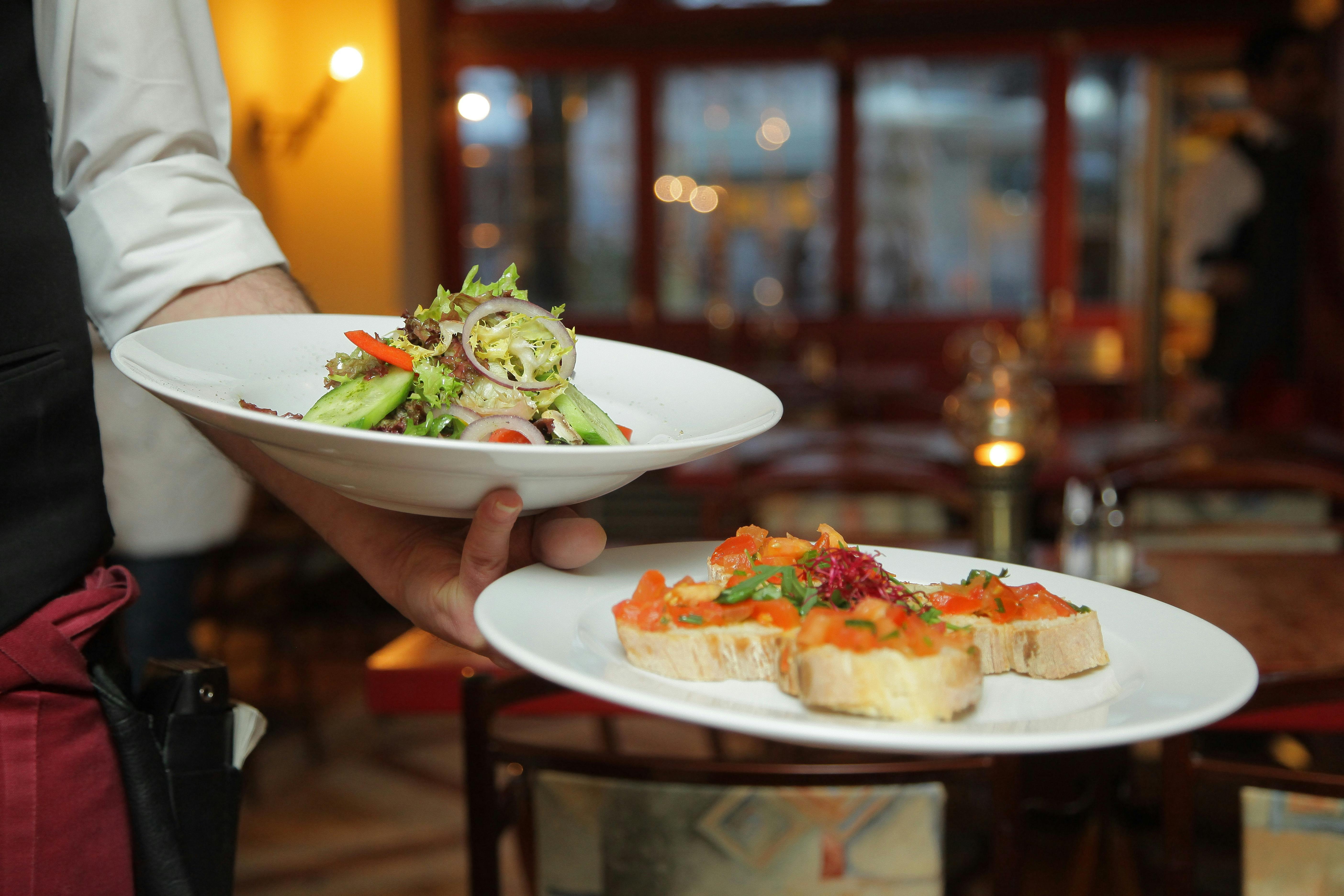On January 15th 2001, the way you and I found information about brands, their history, products and services, plus cities, celebrities, historical titans and many other subjects changed forever with the founding of Wikipedia.
The online encyclopedia and brainchild of Jimmy Wales has been a useful near daily addition to modern living. If for example I wanted to find out more about a festival or the details of a lower league football player I’d never heard of, I know I would almost certainly get something. But the fact that its open source means that despite the hard work of volunteers, anyone can come along and make humorous or rude alterations to the vast majority of articles.
Subsequently, I have tried not to use any of the writings as a final justification for a point of view. I also take the opinion that whilst Wikipedia can be informative, it has also helped to create lazy habits, perhaps including the use of its vast collection of citations for university essays and a new underworld where individuals can cause instantaneous destruction and promote it to a wide audience.
What does Wikipedia mean for brands then? Personally, it introduced them to a new world, which expanded much further with the advent of social media, where responses to defamatory articles and public relations crises should be made within a couple of hours. Let me give you one recent example. At exactly 11am on Remembrance Sunday, the official account for Tesco Mobile posted a scheduled tweet promoting its service. This was a genuine mistake which I hope the company and agency will learn from, but they apologised within ninety minutes. So thats a well done from me!
In comparison, Edinburgh Woolen Mill became embroiled in a scandal about the working conditions of clothing manufacters in Bangladesh, following a BBC Panorama investigation. Their response: our clothes were put there to damage the brand. Although I don’t have any evidence to suggest otherwise, it simply doesnt seem plausible. As a result, they continue to be associated with dodgy practices.
I’ll be honest, the headline for this blog surprised me. Surely big brands have the finances, power, time and contacts to delete anything that refers to immoral tax arrangements? Surely there is also an understanding that a post on Wikipedia can spread like wildfire on Twitter if its not deleted quickly?
But there’s an easy way to solve this problem: get Wikipedia to protect your company’s page from edits! Numerous articles have this feature, from brands such as Nike and he Ford Motor Company, to figures of hate including Robert Mugabe and Robin van Persie!
In summary, organisations need to look at all the angles when trying to protect their image. Failure to do so could come back to haunt them one day!




